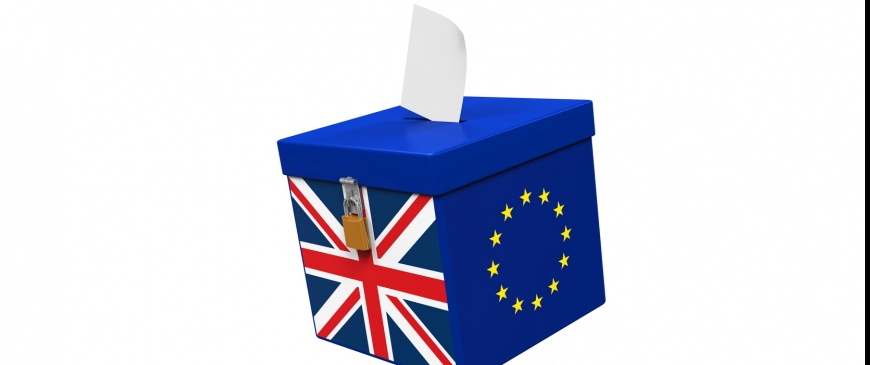
Britain's Out. Now what?
Before dawn broke on the Continent, the outcome was shocking, if not wholly surprising. The majority of British voters chose to leave the European Union. So what happens now to the UK, the EU and the world beyond. Politico asked writers, political commentators and experts to weigh in.
National governments will turn on Brussels
Brexit changes the EU’s underlying narrative from integration to disintegration. The embattled centrist elites who run most EU member countries are on the defensive: They know Britain is not the only country where anti-EU populists are gaining in strength, and they will avoid policies that could help them.
Those who want a more integrated Europe have lost the argument. The European Commission generally responds to crises, such as the eurozone or the refugee crises, by pressing countries to accept “European” solutions that involve more powers for EU institutions.
But President of the European Council Donald Tusk takes a different line. In recent weeks he has repeatedly warned that the citizens of Europe do not see the point of further integration. He cited a comment by former French foreign minister Hubert Vedrine: “You see governments and parties all over jumping up and down asking for ‘more Europe, more Europe!’ If you want people to massively reject Europe, just keep on.”
The Tusk line will prevail. Neither the German nor the French governments are enthusiastic about the prospect of a new EU treaty and steps towards federalism. It is true that at some point EU leaders may need to tackle particular problems by giving specific powers to EU institutions. But national governments will want to keep a tight rein on the European institutions. They will not let Brussels set the agenda.
Don’t punish Britain
Germany has two objectives: to strengthen Europe and to protect the EU, as well as to make sure that Britain remains a partner of the EU. Those two objectives collide, presenting a unfortunate and delicate challenge to policy-makers in Berlin.
Start with strengthening Europe. Economically, the eurozone needs stronger growth, including Germany, to make sure that the EU delivers economic benefits to its citizens. Germany in particular needs to be more pragmatic, give up its misguided obsession with a balanced budget, and help the ECB stimulate the eurozone economy.
With French and German elections approaching, Brussels will want to make UK a cautionary tale for others contemplating exit.
To protect the EU means to make sure that other countries, such as Italy, the Netherlands or France do not have to face a referendum of their own. But that is very difficult. Making the divorce tough on Britain might seem like the best way to do that, but that path is not without its risks. Angela Merkel is unlikely to give into the temptation.
To be seen as “punishing” a departing member could fuel the Euroskeptic fire rather than dampen it. What Germany wants is to build a pragmatic, lasting partnership with Britain.
Charles Grant is director and Christian Odendahl is chief economist at the Centre for European Reform.
